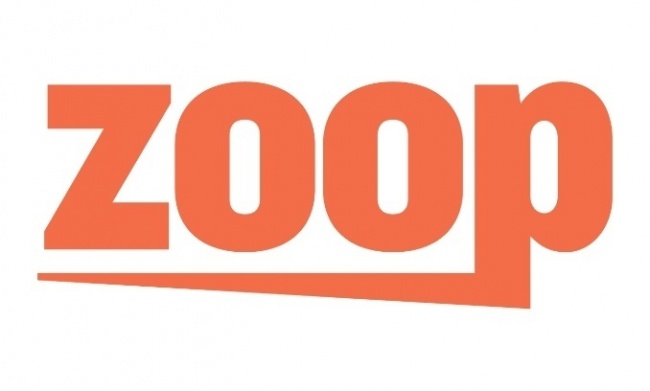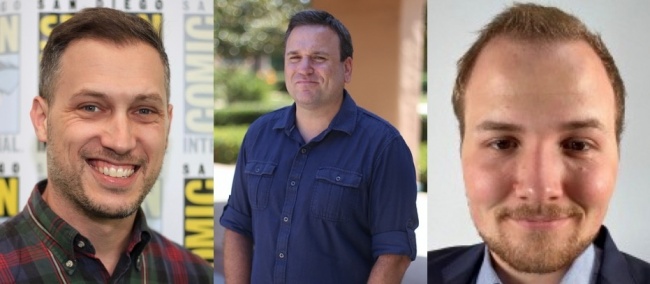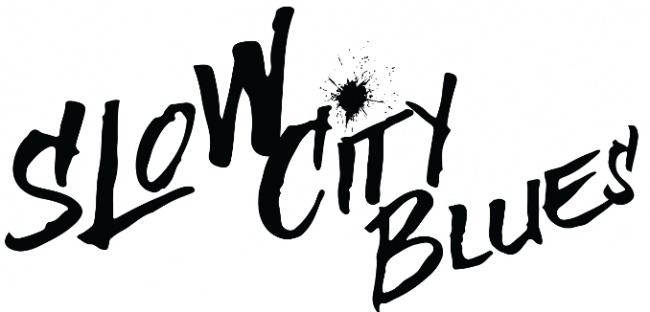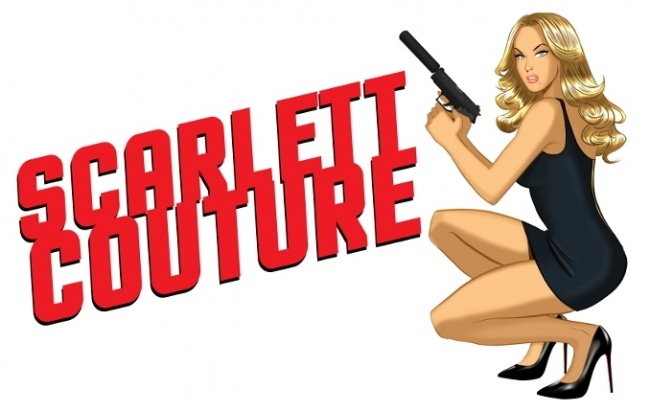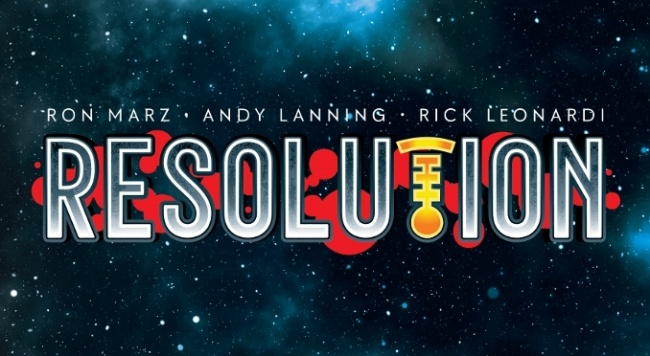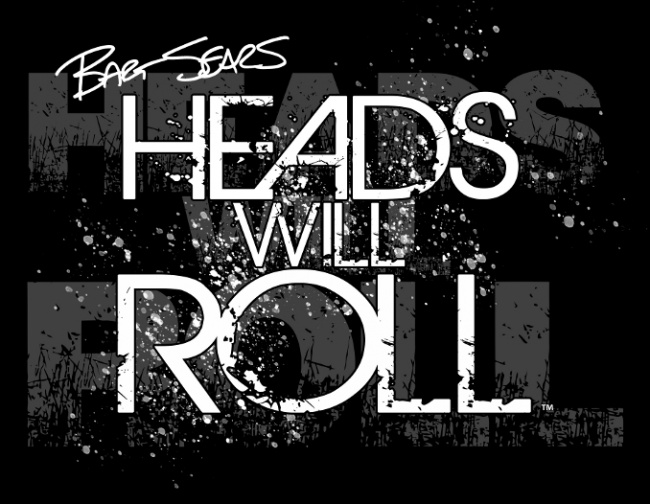The company is funded by "friends and family," with plans to reassess funding after the response to the launch becomes clear.
The new crowdfunding site will offer services beyond those available from other platforms, including campaign set-up and management, pledge management, production, fulfillment, and marketing on an a la carte basis in addition to the basic crowdfunding package. Printing and fulfillment services will be contracted from third-party vendors on behalf of creators on the Zoop platform. There are also some differences on the user side, including the ability to back projects at multiple tiers. Fees for the base services will be comparable to those available from existing platforms, with additional services available on an a la carte basis, CEO Plosky told ICv2.
Projects announced for the new platform include:
Slow City Blues, by Samuel Haine, Shawn Moll, John Livesay and David Baron is also being developed as an animated series, according to the announcement. The project was originally planned for launch by Image Comics in early 2020, but is now going out on Zoop at launch. Jim Shooter, who was announced as story editor (see "Jim Shooter on ‘Slow City Blues’") is no longer associated with the project. Cover artists include Paul Pope, David Finch, Derrick Chew, Doug Mahnke, Brett Booth, Julian Totino Tedesco, Francesco Mattina, Yasmine Putri, Howard Porter, Phillip Tan, Cary Nord, Pat Olliffe and Randy Green.
The first volume of Scarlett Couture, by Des Taylor, was originally published by Titan Comics (see "Preview: ‘Scarlett Couture’ #1"). The new Zoop project will include a new edition of the first volume along with a second volume. The project will launch on Zoop this month.
Resolution is written by Ron Marz, co-written and inked by Andy Lanning, and penciled by Rick Leonardi. The Resolute is an outer-space corps of heroes, and Resolution is the story of a legendary member. The large-format hardcover project will launch on Zoop this month.
Heads Will Roll, by Bart Sears, is a comic art book with over 140 beautifully rendered character headshots. The project will launch in July.
We talked to CEO Plosky to get more information about the new platform (edited for length and clarity).
ICv2: Obviously, there's a couple of comics crowdfunding platforms out there. What are the things that you saw that were lacking in the current options?
Jordan Plosky: The biggest glaring thing is definitely on the creators' side. What I mean by that is, in order to run a crowdfunding campaign nowadays, it may take you months of time before you even launch that campaign. Now, during those months of work, maybe you're learning how to use one of these crowdfunding campaign sites, one of our competitors, Kickstarter, Indiegogo. It takes time to learn that technology.
If you're not the kind of person to put in that time to run this campaign by yourself, now you're talking about researching, vetting, negotiating with a campaign manager, a marketing person. You have to do your own printing, potentially your own fulfillment. That takes lots of time to figure out who to talk to, what you should be paying these people and putting together a team.
Aside from just the platform, we offer all of those services in one place. We eliminate months of time. That's just in the preparation. Zoop handles the campaign management and the marketing, now all of a sudden, we're taking all of that work off of the creator's plate during the campaign as well. It's no longer a full-time job for those creators, which frees them up to work on their next creator-owned project or to continue doing their work-for-hire at the same time that we're handling their crowdfunding campaign for them.
In addition to the technology that the existing platforms have, they also bring a market, there are existing users who can be directed to particular campaigns. How do you plan to get an audience?
There is a bit of a misnomer about that. Between like 85% and 90% of a campaign’s traffic comes from their own social network, from their own backers. It's very rare that you're going to be that fortunate campaign that gets selected as a campaign we love or projects we love and get featured. A lot of people aren't necessarily going on Kickstarter and browsing for something to buy, they're going because Scott Snyder put up a campaign and they're going to go purchase that Scott Snyder book, then they're probably not going to buy anything else while they're there.
The difference is, yes, they have millions of people that go through their site, but those millions of people are across all categories. It’s film, music, animation, everything; it's not necessarily comic-specific. Although maybe we have a bit of a smaller pond, every campaign that we're running is going to be featured on the homepage, at least at first. The visibility is definitely there. It's comics-focused. We're able to draw from each of our client's pools, as well as our own backgrounds and the connections that we have in our own social media and that's organic reach, and then there's paid reach as well.
We're going to be throwing everything against the wall to come out with a big bang, increase our user base as quickly as possible, and with every campaign, we hope to see it grow.
On Kickstarter, there's an opportunity for retailer levels. Is that in your range of product development?
It's already there. We have clients who were very interested in that and have relationships with existing retailers and want to continue those relationships. We have a lot of different levels that we can serve as retailers with. If we're doing a single issue, for example, potentially, a retailer level variant cover.
How do you see this interacting with trade distribution? Are some of your creators also going to distribute to the trade or do you see Zoop projects as crowdfunded-only releases?
We've heard different perspectives from different creators. Some see crowdfunding as a way to launch the book and then sell it to a publisher. The creators themselves, if they're able to leverage a successful campaign into a deal with a publisher who's looking to do that for them, by all means, we don't stand in the way. We have no ownership in their creative work, so they're certainly welcome to go do so.



